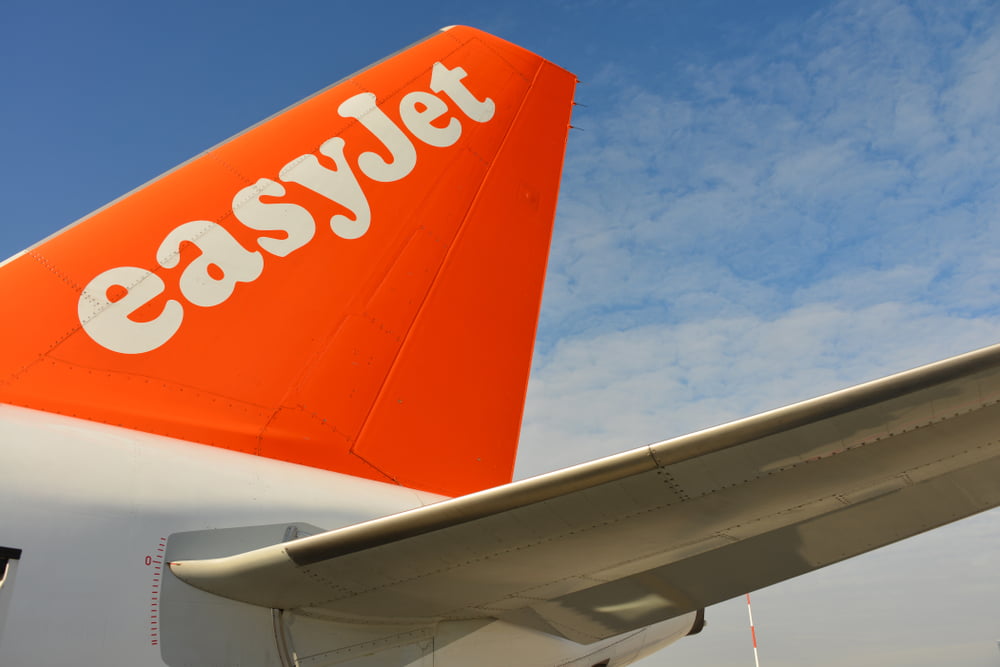It couldn't be left out, the British low-budget airline Easyjet is in dire straits due to the corona crisis. Air traffic is almost completely stopped due to the consequences of the corona crisis. They expect it to take another three years for air traffic to recover from the corona crisis. For this reason, Easyjet needs to reorganize, they will have to downsize and cut costs. That is why more than three thousand employees will have to leave, this is about thirty percent of the workforce.
"We realize that these are very difficult times and that we have to make very difficult decisions that will affect our people, but we want to protect as many long-term jobs as possible," said CEO Johan Lundgren in an accompanying comment.
Easyjet employs approximately fifteen thousand staff, twenty five hundred staff work in the office. Three hundred staff members, consisting of pilots, cabin crew and management work at the Easyjet base at Schiphol Netherlands. The Easyjet base at Schiphol owns nine aircraft. It is not yet known who has to leave the staff. The number of destinations that Easyjet flies to will also decrease. The number of planes will shrink, they want to fly with about 50 fewer planes. This reports Easyjet CEO Johan Lundgren today. Johan Lundgren has been CEO of the low-budget airline Easyjet since 2017.
From June 15, Easyjet will start again with limited flights. They start domestic flights to France and the UK because they think these connections are profitable. The further course is awaiting and will be expanded when the demand for flights increases and the measures regarding the coronavirus are relaxed. Various corona measures have been taken on board by Easyjet. Ground crew, passengers and cabin crew are required to wear face masks. Food and drink are not passed around. Airplanes are cleaned extra and disinfectants are on board.
Also read: Continued payment of 80% taxi sector scheme under pressure


